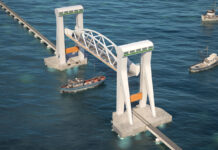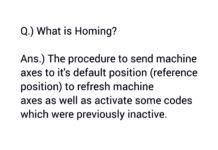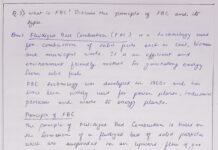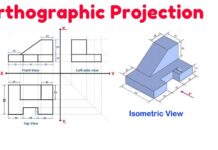Powers of the President of India
Executive powers
Under article 77, the executive powers of the president are column
- All executive actions of the Government of India are formally taken in his name.
- He appoints Prime Minister other ministers, Chief Justice and judges of Supreme Court High Court the attorney general of India, The Comptroller and Auditor General, Chairman and members of UPSC, Chief Election Commissioner and other members of election Commission, governors, members of the finance Commission etc.
Legislative powers
- Summon or prorogue the Parliament and to dissolve the Lok Sabha.
- Summon a joint sitting of both the Houses of Parliament, which is presided by speaker of the Lok Sabha.
- Address the parliament at the commencement of the first session after the each general election and the first session of each year.
- He can appoint any member of the Lok Sabha to preside over its proceedings when the offices of both all speaker and the deputy speaker fall vacant. Similarly, he can also appoint any member of the Rajya Sabha to preside over its proceedings when the offices of both the chairman and the deputy chairman fall vacant.
- Nominate 12 members of Rajya Sabha (from amongst persons who have special knowledge in respect of literature, science, art social service) and two members of Anglo Indian community in the Lok Sabha
- He decides on questions as to disqualifications of members of the parliament, in consultation with the election Commission.
- His prior recommendation or permission is needed to introduce certain types of bills in the parliament example money will, creation or recreation of new states bill.
- When a bill is sent to the president after it has been passed by the parliament he can : (a). give his asssent to the bill (b) Withhold his asset to the bill or (c) return the bill (if it is not money bill ) for reconsideration of the parliament.
- However, if the bill is passed again by the parliament, with or without amendments the president has to give his assent to the bill.
- He can promulgate ordinances (article 123) when the parliament is not in session. The ordinances must be approved by the parliament within six weeks from its reassembly. He can also withdraw and ordinance at anytime.
Military powers
- supreme commander of the defense forces of India appoints the chiefs of the army, the Navy and the Air Force.
- Declares war or concludes peace subject to the approval of the parliament.
Emergency powers
- It can be extended for an indefinite period with an approval of the parliament for every six months. The President of India can proclaim emergency in three conditions after getting the written recommendation of the cabinet.
- National emergency (Article 352 ) arising out of war, external aggression or internal revolt (which is amended as armed rebellion) within the country.
- Constitutional Emergency (Article 356 ) arising out of the failure of the constitutional machinery in the states. It is also known as President’s rule or State Emergency.
- Financial Emergency (Article 360 ) arising out of a threat to the financial stability or credit of India.
Emergency in India
- First emergency was declared in 1962, due to the Chinese aggression.
- Second emergency was declared in 1971, due to the indu Pakistan war.
- Third emergency was declared in 1975 on grounds of internal disturbance.


































